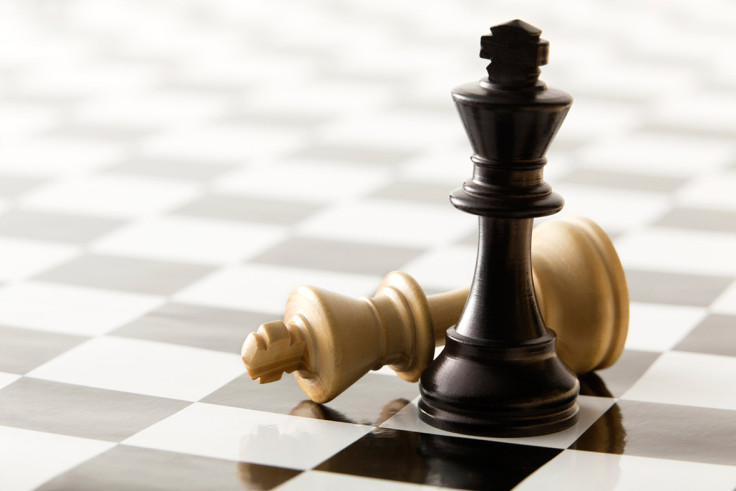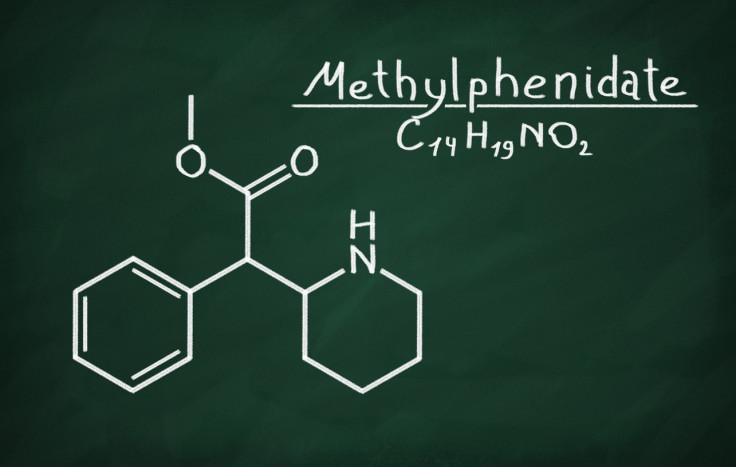Chess players on cognitive-enhancing drugs win more matches
Modafinil, methylphenidate and caffeine all led to an increase in chess players' scores.

Cognitive-enhancing drugs help chess players to win more games. Researchers found that modafinil and methylphenidate –also known as Ritalin – significantly enhanced players' performances, while caffeine was also have to have a modest effect.
The team of scientists, led by Klaus Lieb, from the University of Mainz, Germany, were looking at how certain drugs would alter and/or improve the way the brain processes complex information. Because chess involves a range of cognitive processes, including memory, planning and flexibility, it provides a good basis on which to look at the impact of cognitive-enhancing drugs on performance.
Previously, researchers have shown these drugs could improve a player's ability when they were feeling tired or performing below their normal level. However, the latest study looks at what impact the drugs would have when players were already playing at their peak.
In the study, published in the journal European Neuropsychopharmacology, the team performed a randomised trial where players were given modafinil, methylphenidate, caffeine or a placebo. The 39 male chess-playing participants were then asked to play a series of time limited game against chess programme that had been matched to their ability.
Over four days, players were given different drugs or placebos. In total, they analysed over 3,000 chess games.
Their findings showed players that had been given cognitive-enhancing drugs took longer to make moves. This meant games were lost as players ran out of time. However, when they analysed the data to correct for the games lost on time, results indicated the drugs provided a significant increase in players' scores. Modafinil and methylphenidate showed the biggest improvement, while caffeine was more modest.

"We were surprised to see that players on the drugs played more slowly than normal, indicating that their thought processes seemed to be deeper," Lieb said. "The key to this work is in understanding that players showed an improvement if under less time pressure. The results themselves would be pretty significant in chess terms. For example, both modafinil and methylphenidate gave an improvement coefficient of around 0.05.
"If we correct for the slowest players, then the effect would be the equivalent of moving a player from say, number 5,000 in the world ranking, to number 3,500 in the world ranking. In a single game, the effect is the equivalent of having the white pieces, every time, which give around a 5% better chance of winning."
The World Chess Federation introduced anti-doping measures in 2014 to prevent such abuses. However, the scientist say the findings could have other real-life implications: This work also allows us to put a figure on the way that the use of these drugs can affect the way we think in a range of everyday intellectual activities, such as studying for an exam," Lieb said.
Trevor Robbins, Professor of Cognitive Neuroscience at the University of Cambridge, was once one of the top 20 chess players in England, commented on the study: "Chess involves several higher brain processes including working memory, planning, cognitive flexibility and cognitive control. Drugs such as modafinil have previously been found to enhance performance of such cognitive functions in laboratory based studies of non-sleep deprived volunteers, although sometimes at the cost of prolonging response times.
"This work, one of the first to study drug effects on chess, shows that these performance enhancements can translate into real-world activities in this study of chess players who improved their performance, though sometimes at the cost of losing on time."
© Copyright IBTimes 2025. All rights reserved.






















